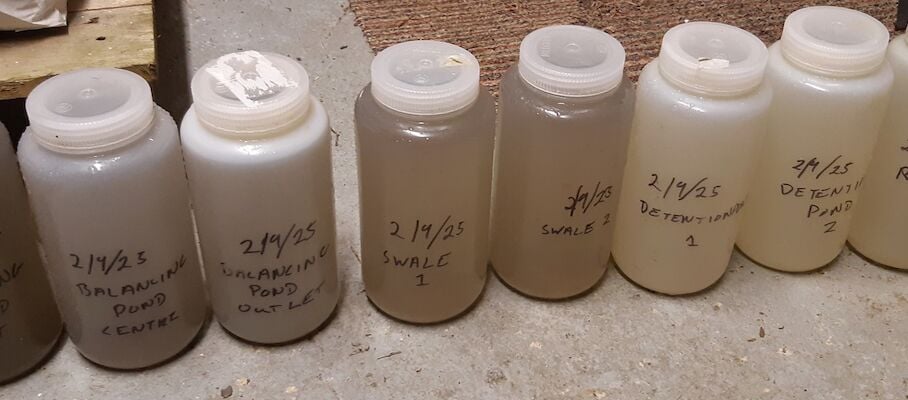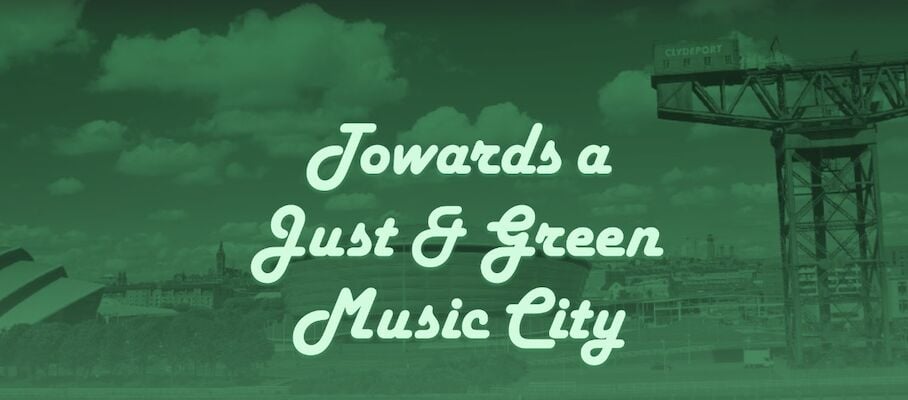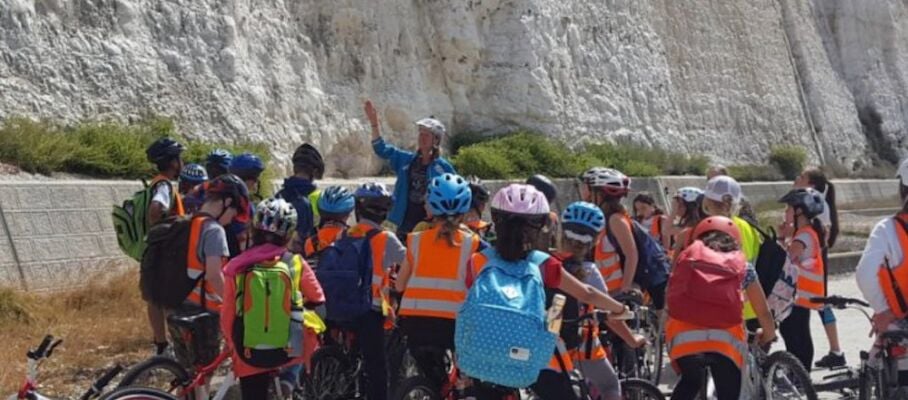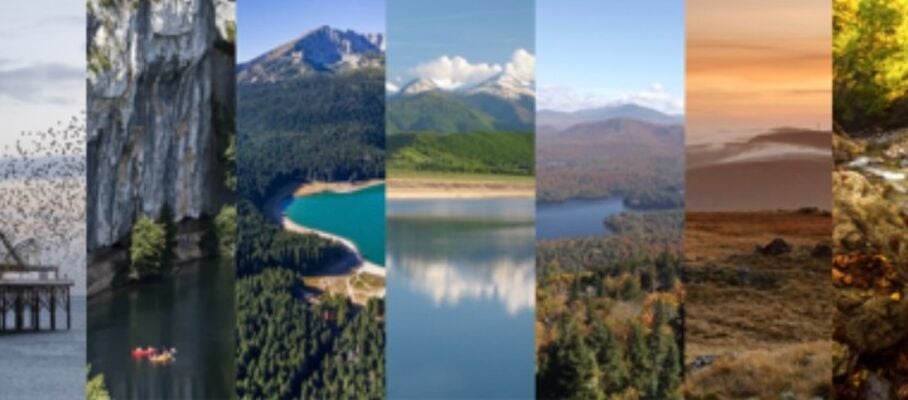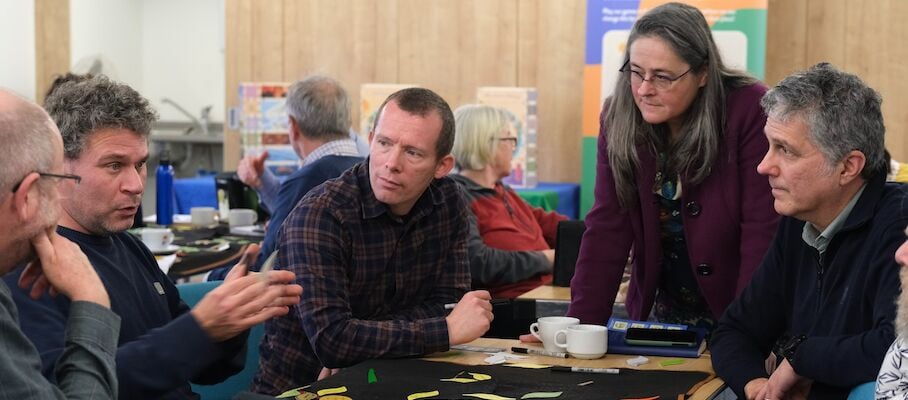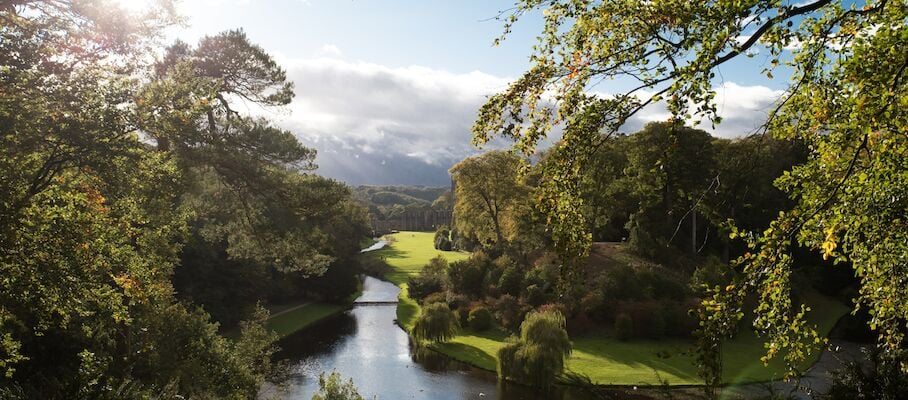News
In this section you can read the latest news from UNESCO in the UK. From blog posts and case studies to press releases and newsletters, use the search functionality to find what your looking for.
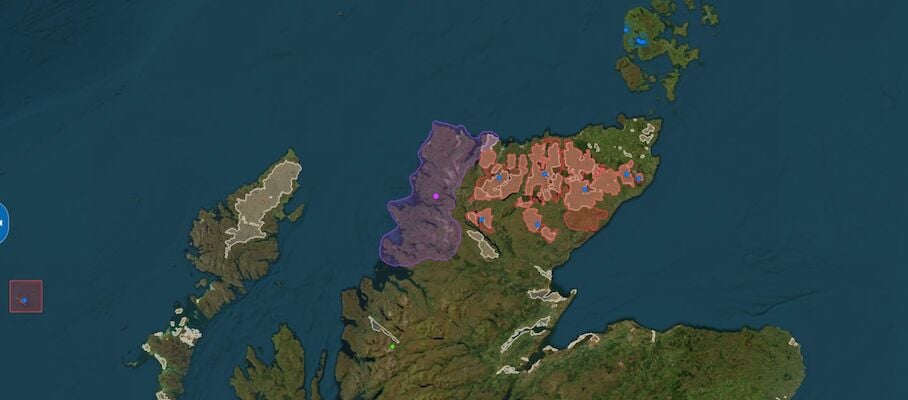
The UNESCO Sites Navigator (formerly the World Heritage Online Map Platform) has been launched during the 47th session of the World Heritage Committee that took place in Paris earlier this month.
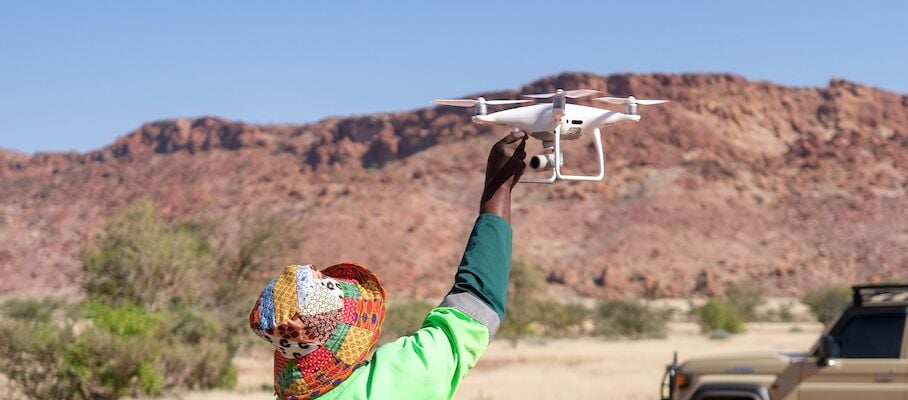
In early June, I was invited to travel to Windhoek, Namibia, for Digital Technologies to Empower World Heritage in Africa - a conference and workshop supported by the Government of Flanders (Belgium)…
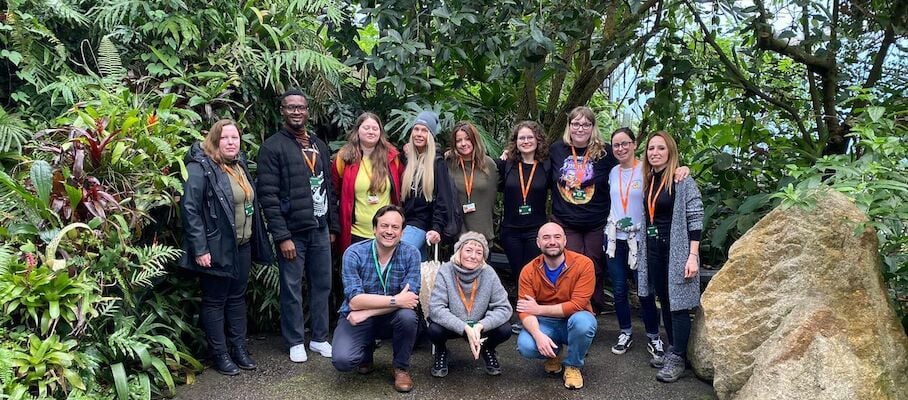
Introduction … This piece explores how UNESCO Sustainability competencies are embedded within the content and pedagogy of a UK university master’s course aiming to equip graduates with the…

